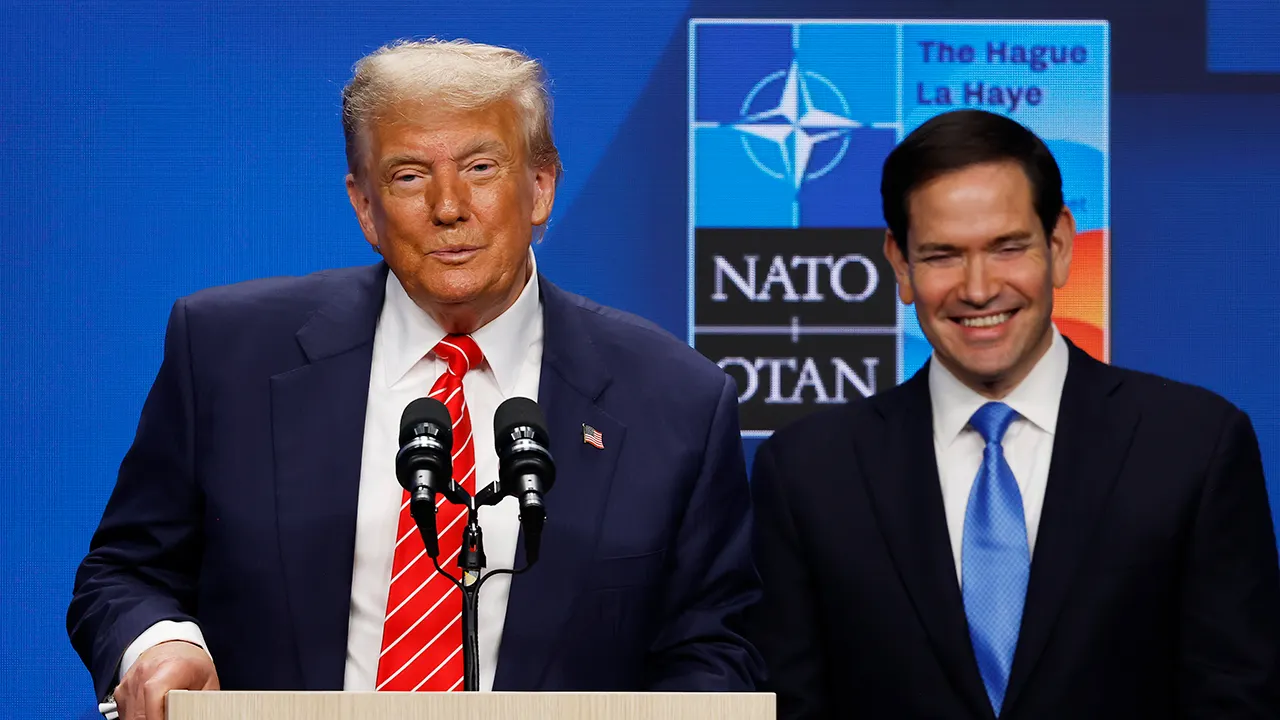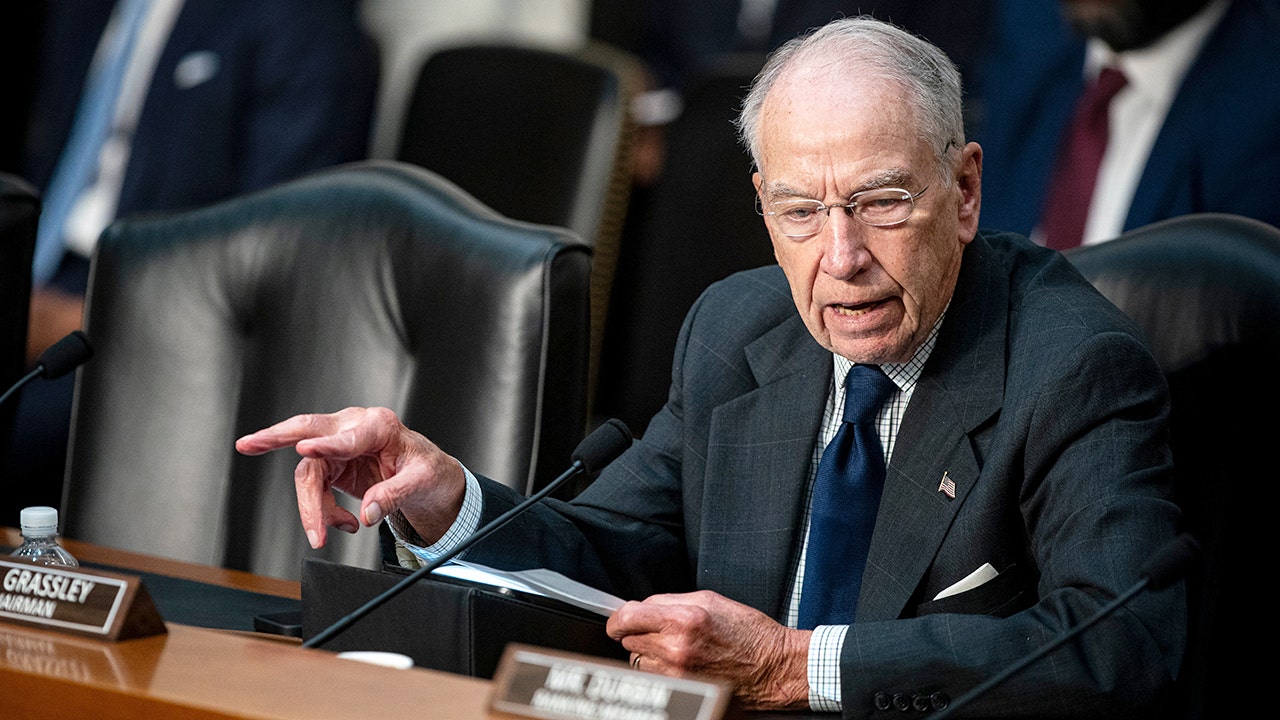President Donald Trump signed legislation Thursday rolling back a California environmental policy that aimed to ban the sale of new gas-powered vehicles by 2035.
.@POTUS officially signs into law three resolutions passed by Congress — ENDING California’s electric vehicle mandate and emission standards once-and-for-all.
Promises made, promises kept. pic.twitter.com/o2G2wZ1nVo
— Rapid Response 47 (@RapidResponse47) June 12, 2025
Trump’s Sovereign Wealth Fund: What Could It Mean For Your Money?
The bill, known as H.J. Res. 88, was signed into law during a ceremony in the East Room of the White House, marking a significant move to override state-level emission mandates with a unified federal standard.
“I want to thank everybody for being here. We officially rescue the U.S. auto industry from destruction by terminating the California electric vehicle mandate once and for all,” President Trump said during the event, followed by applause from the audience.
“They’d pass these crazy rules in California, and…17 states would go by ’em, and the automakers didn’t know what to do, because they’re really building cars for two countries,” Trump continued, referring to the patchwork of emissions laws that previously allowed California’s standards to influence policies in nearly 20 states through waivers.
.@POTUS: “We officially rescue the U.S. auto industry from destruction by terminating the California electric vehicle mandate ONCE AND FOR ALL.” 🔥 pic.twitter.com/zOVvF5DKyF
— Rapid Response 47 (@RapidResponse47) June 12, 2025
This Could Be the Most Important Video Gun Owners Watch All Year
The legislation overturns regulations that had allowed California to require a phase-out of gas-powered cars in favor of electric vehicles (EVs), a policy originally backed by the state’s Air Resources Board.
Trump’s action repeals the authority under which California could impose its own stricter emissions targets, effectively halting the rollout of the 2035 ban.
California’s electric vehicle mandate would have instituted a ban on 100% on all new gas-powered cars and abolish 75% of gas-powered trucks.
Today, @POTUS is ending it. pic.twitter.com/y3LhEOjSaZ
— Rapid Response 47 (@RapidResponse47) June 12, 2025
Industry leaders quickly voiced strong support for the move.
The American Trucking Associations (ATA), the American Petroleum Institute (API), and General Motors (GM) all released statements praising the decision as a step toward restoring regulatory clarity and protecting economic interests.
“Today, common sense prevailed. We thank President Trump, EPA Administrator Zeldin, and congressional leadership for taking decisive action to end crippling, detached-from-reality rulemakings that would have imposed devastating economic consequences on American businesses and families,” said ATA President and CEO Chris Spear.
“This is not the United States of California. With the stroke of his pen, President Trump is restoring the certainty that the trucking industry needs to deliver for our nation as we continue to reduce our environmental impact,” Spear added.
API President and CEO Mike Sommers also welcomed the move, calling it “a major victory for American consumers, manufacturers and U.S. energy security,” according to Fox News.
“We thank President Trump and Congress for delivering on their promise to put an end to these extreme mandates and ensure every American can choose the vehicle that’s best for them,” Sommers said.
General Motors issued a statement in response to the law’s signing, supporting the administration’s effort to bring emissions policy into line with market conditions.
“We appreciate the actions taken by President Trump to sign H.J. Res. 88 into law and help align emissions standards with today’s market realities,” GM stated.
“We have long advocated for one national standard that will allow us to stay competitive, continue to invest in U.S. innovation, and offer customer choice across the broadest lineup of gas and electric vehicles.”
With the enactment of this legislation, federal policy now overrides California’s attempt to set independent environmental mandates, ending a long-running debate over whether states can enforce stricter vehicle standards than those set by the federal government.
The decision is expected to influence vehicle manufacturing strategies across the country and reshape the future of emissions regulation in the United States.
Connect with Vetted Off-Duty Cops to Instantly Fulfill Your Security Needs
Read the full article here


![Trump Ends Newsom’s EV Mandate, Auto Industry Breathes Sigh of Relief [WATCH] Trump Ends Newsom’s EV Mandate, Auto Industry Breathes Sigh of Relief [WATCH]](https://www.lifezette.com/wp-content/uploads/2024/08/2024.08.23-04.43-lifezette-66c8bc342772c.jpg)









